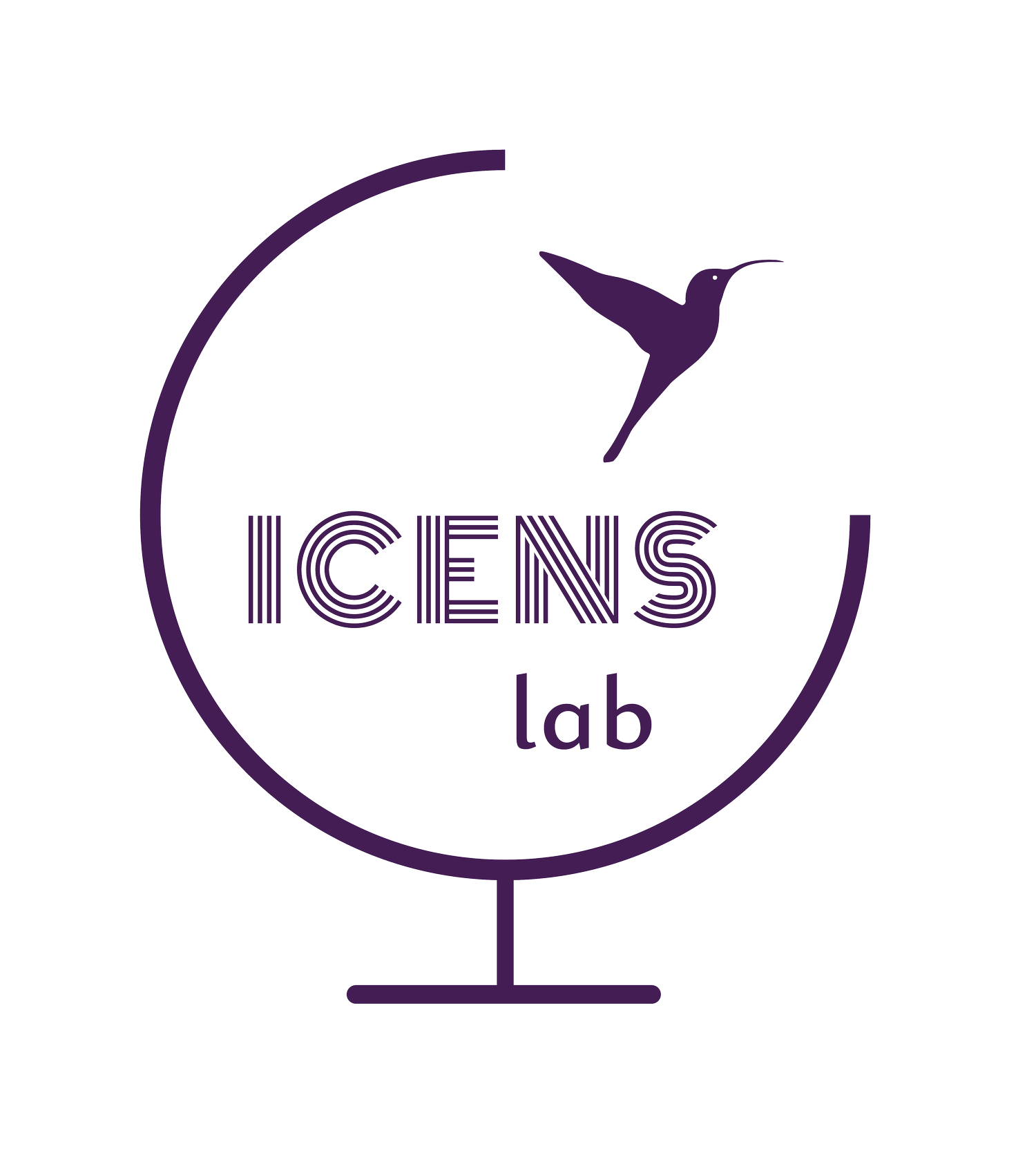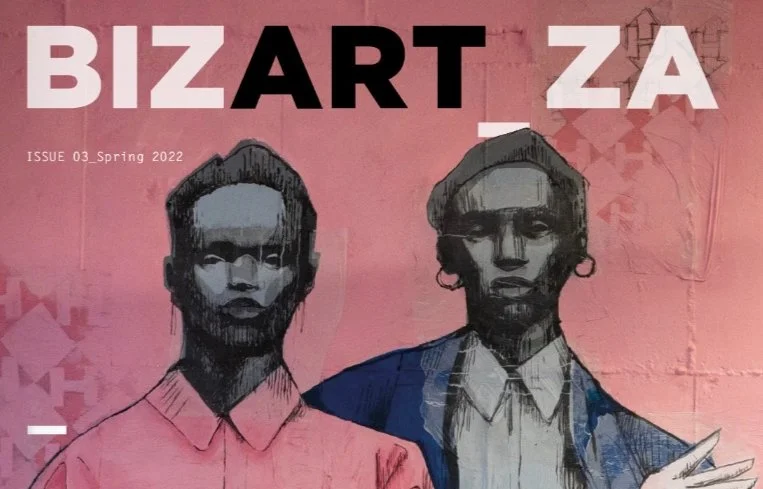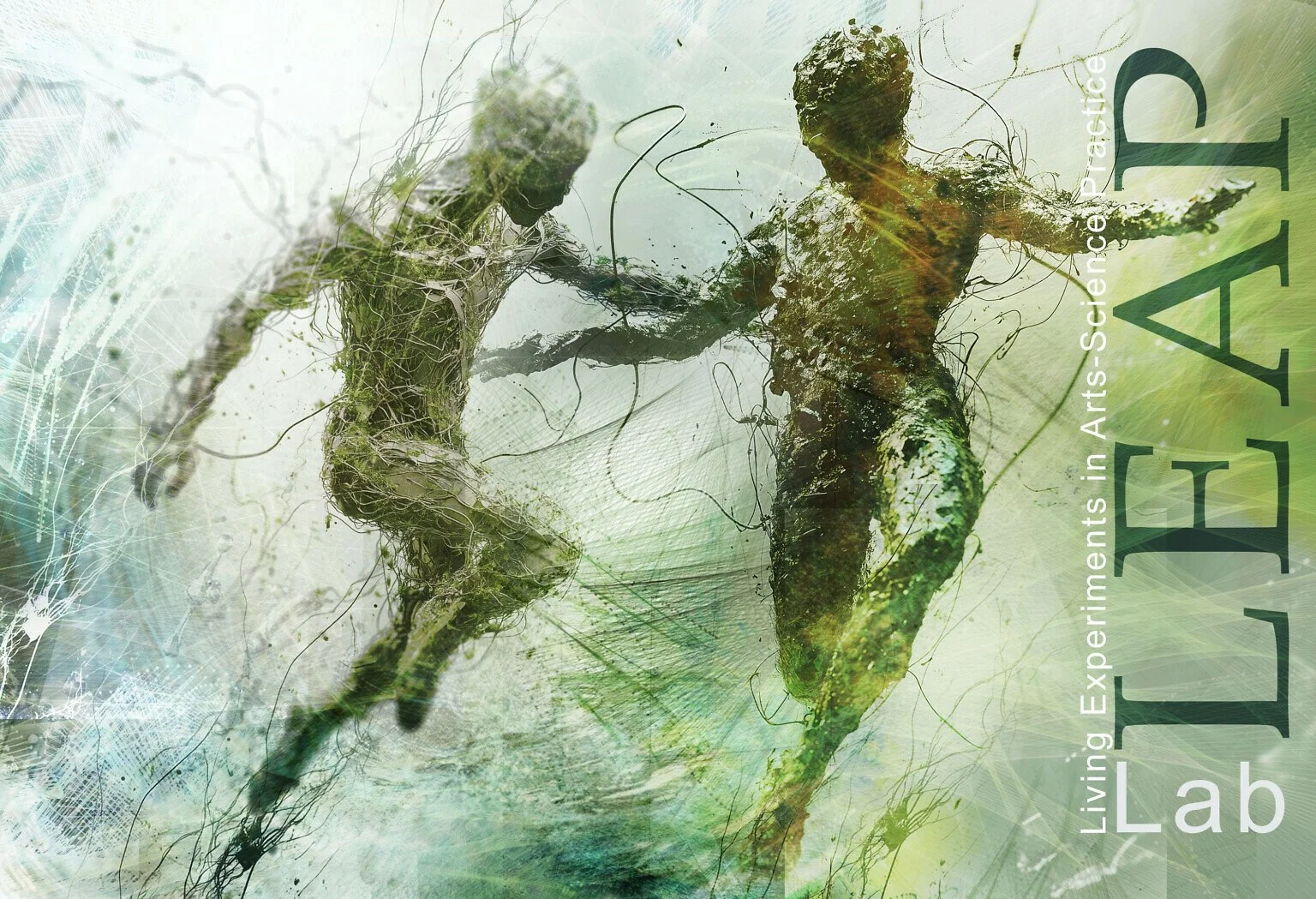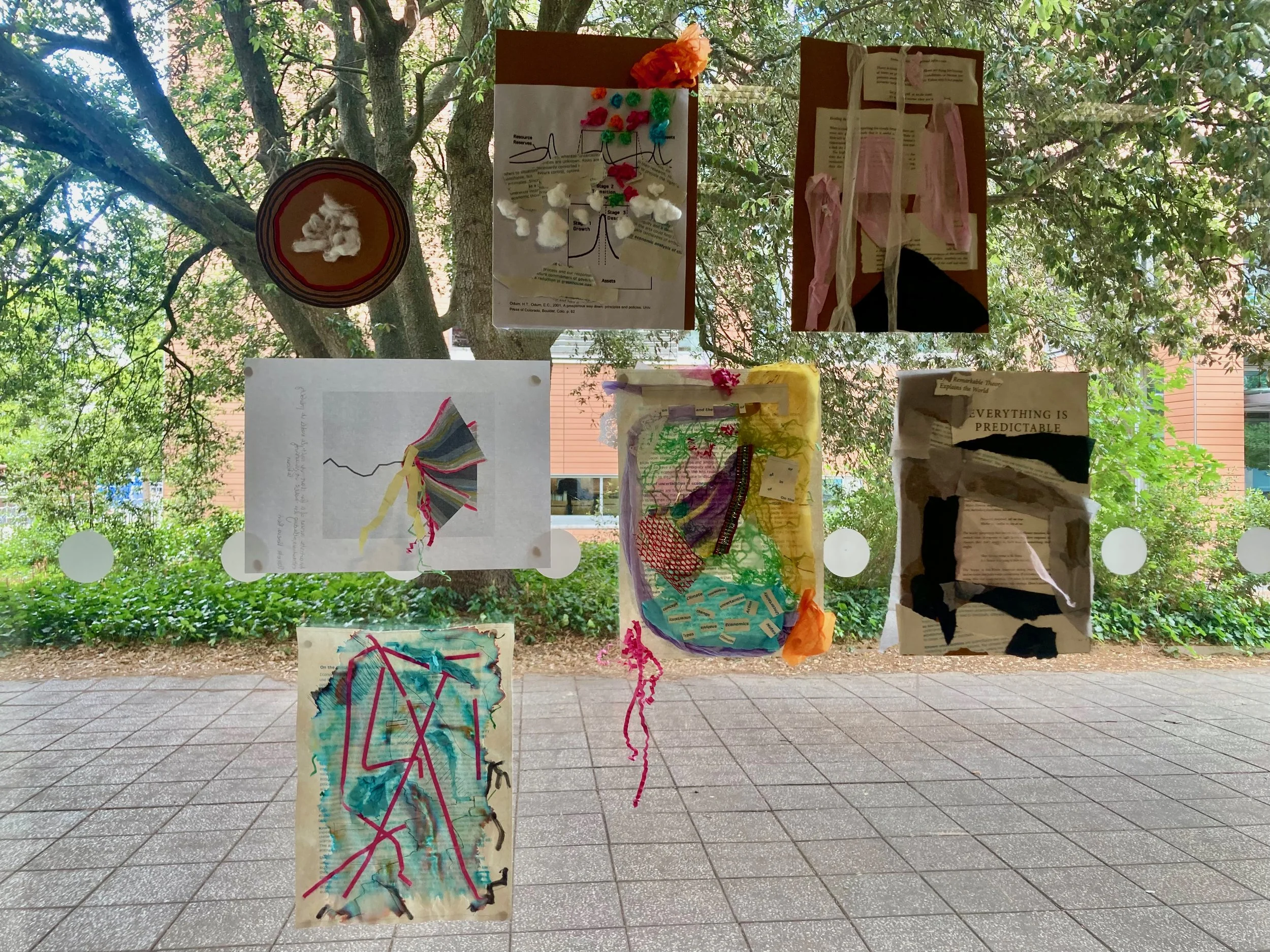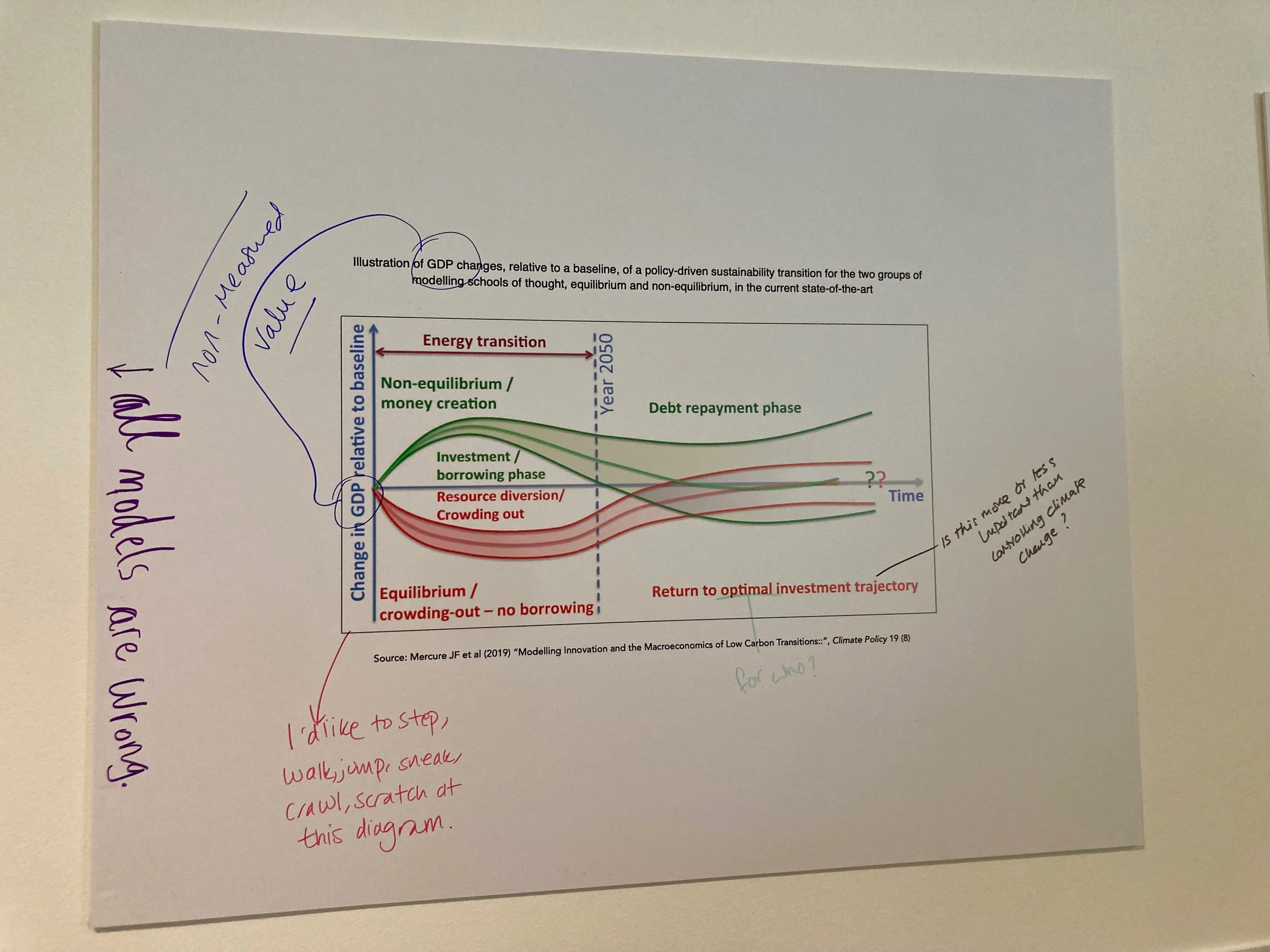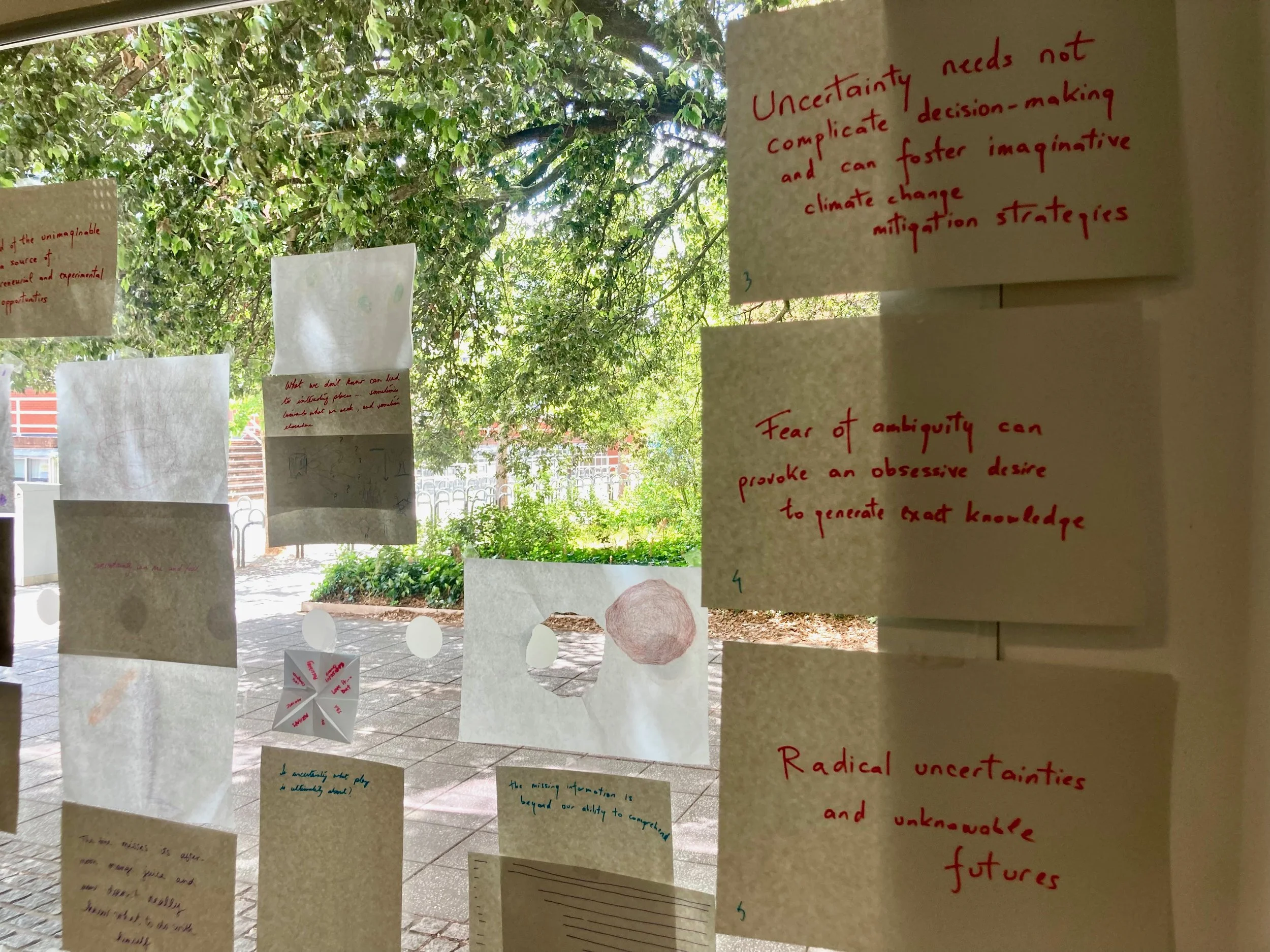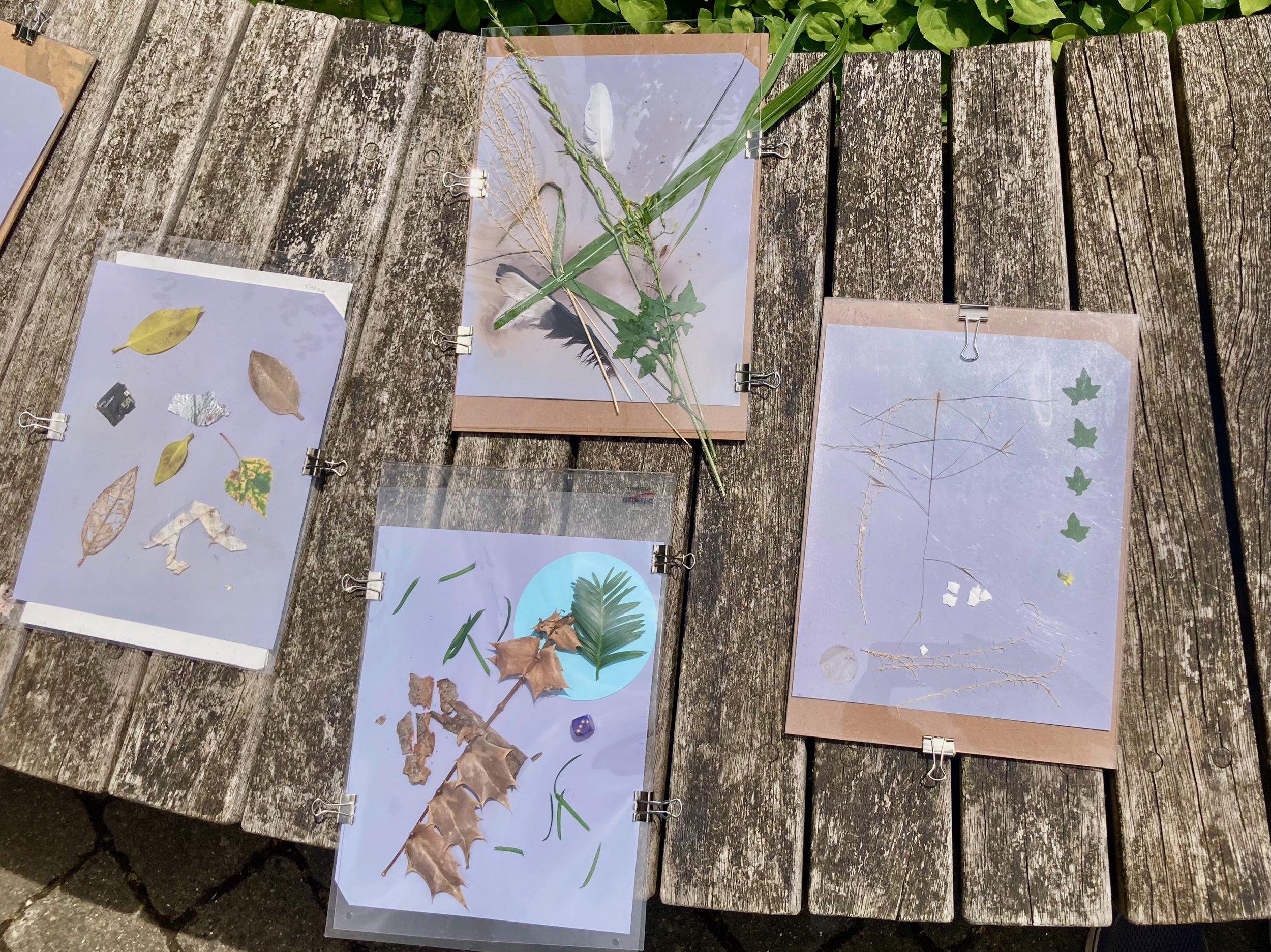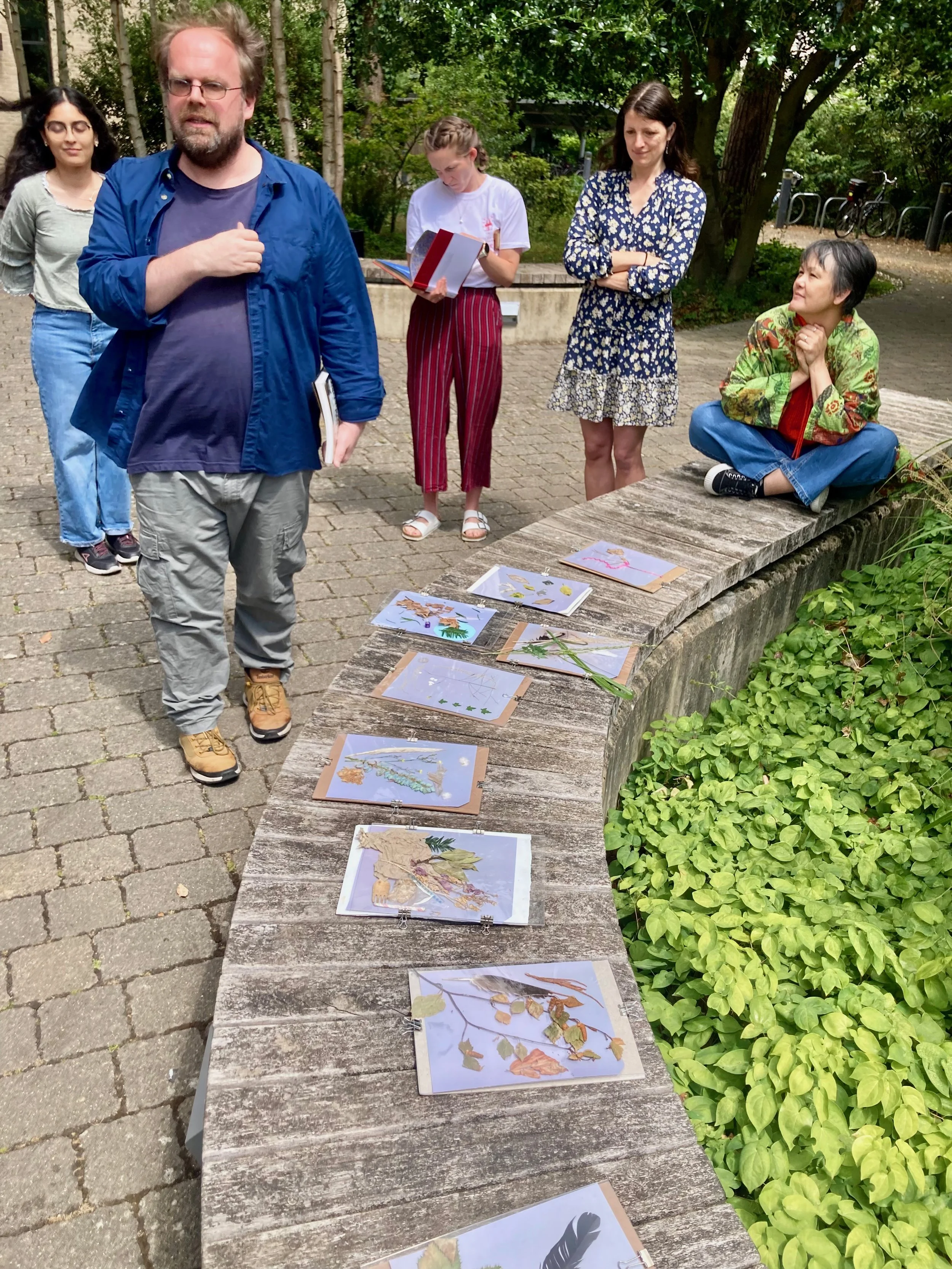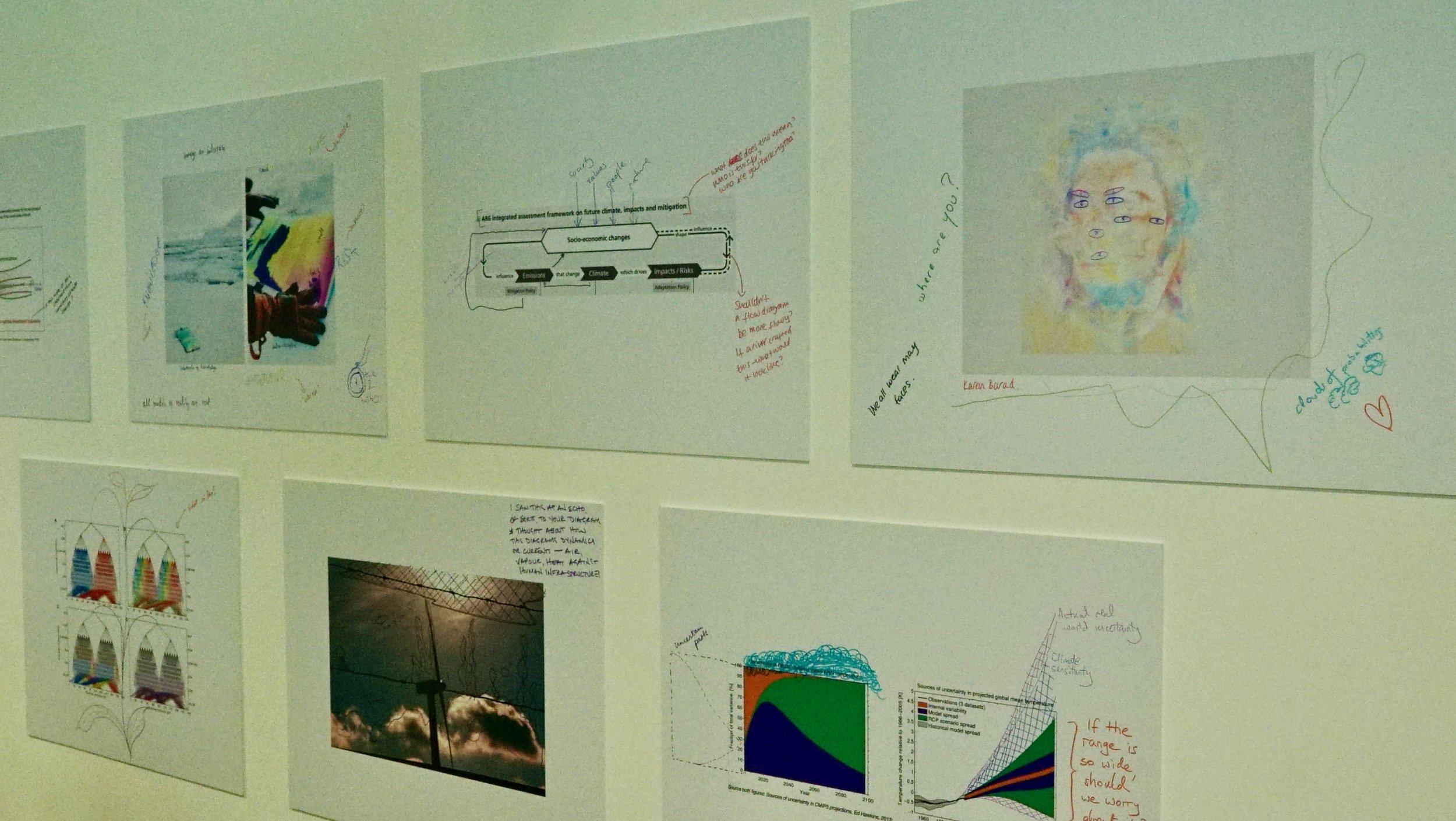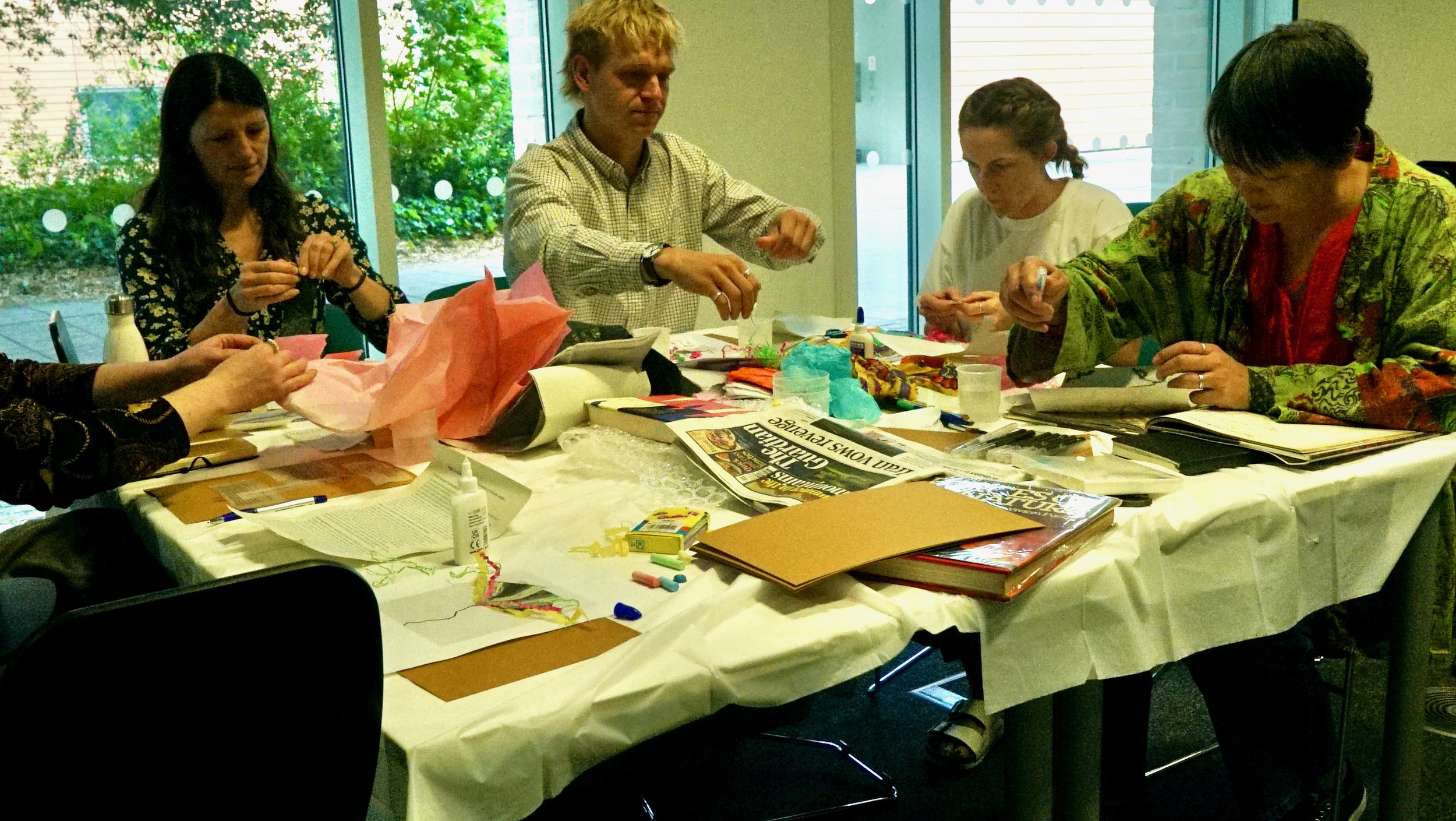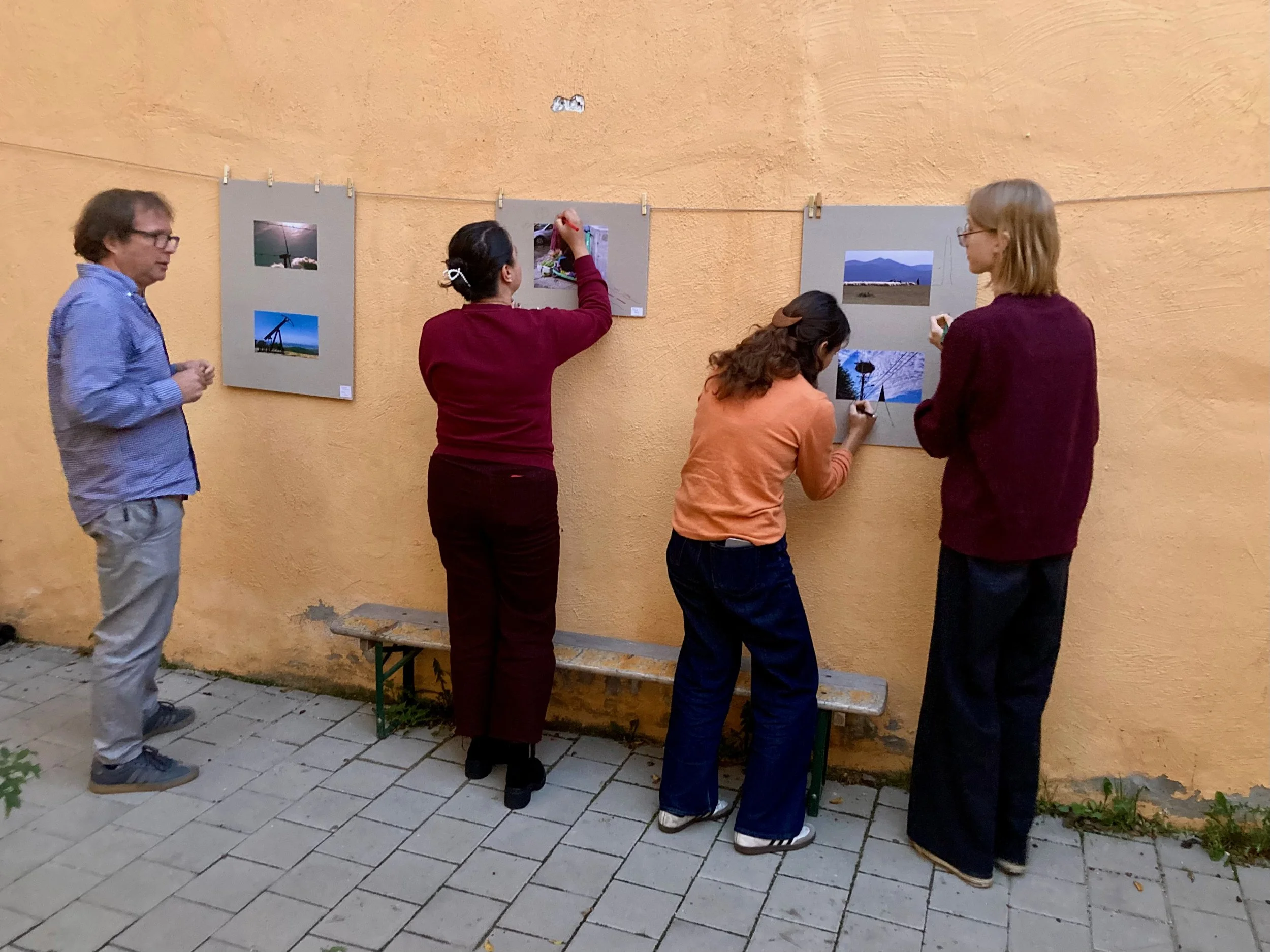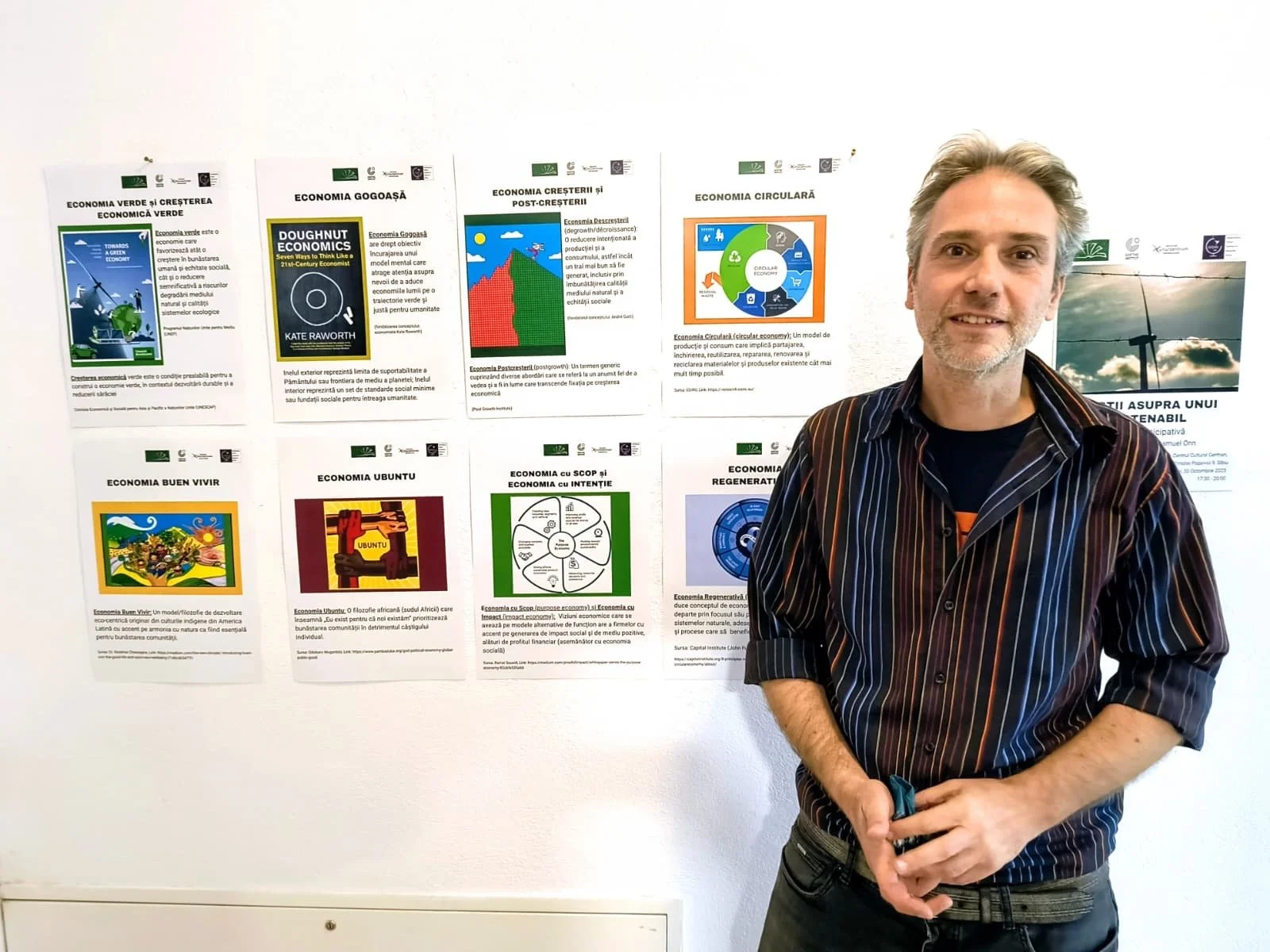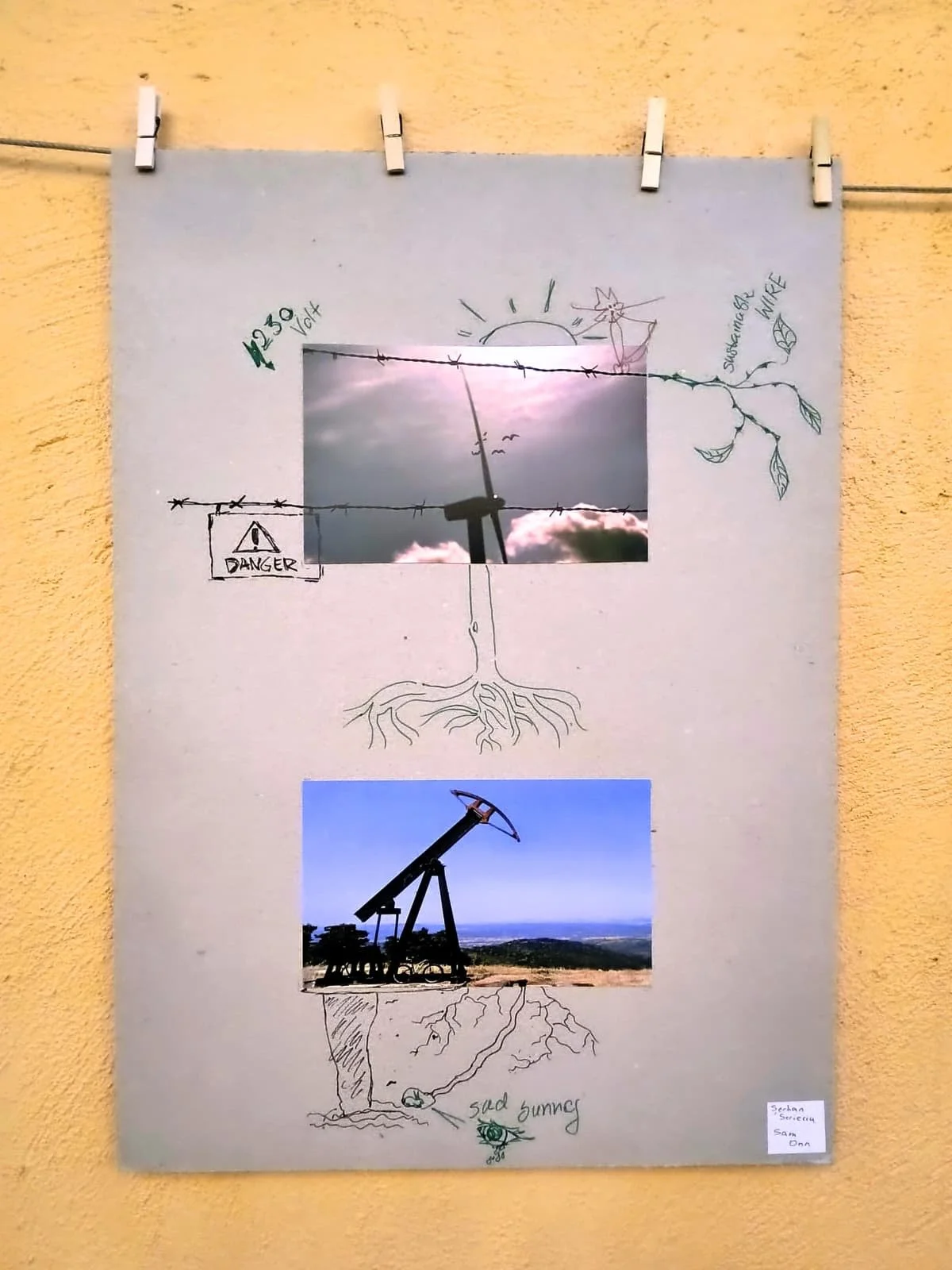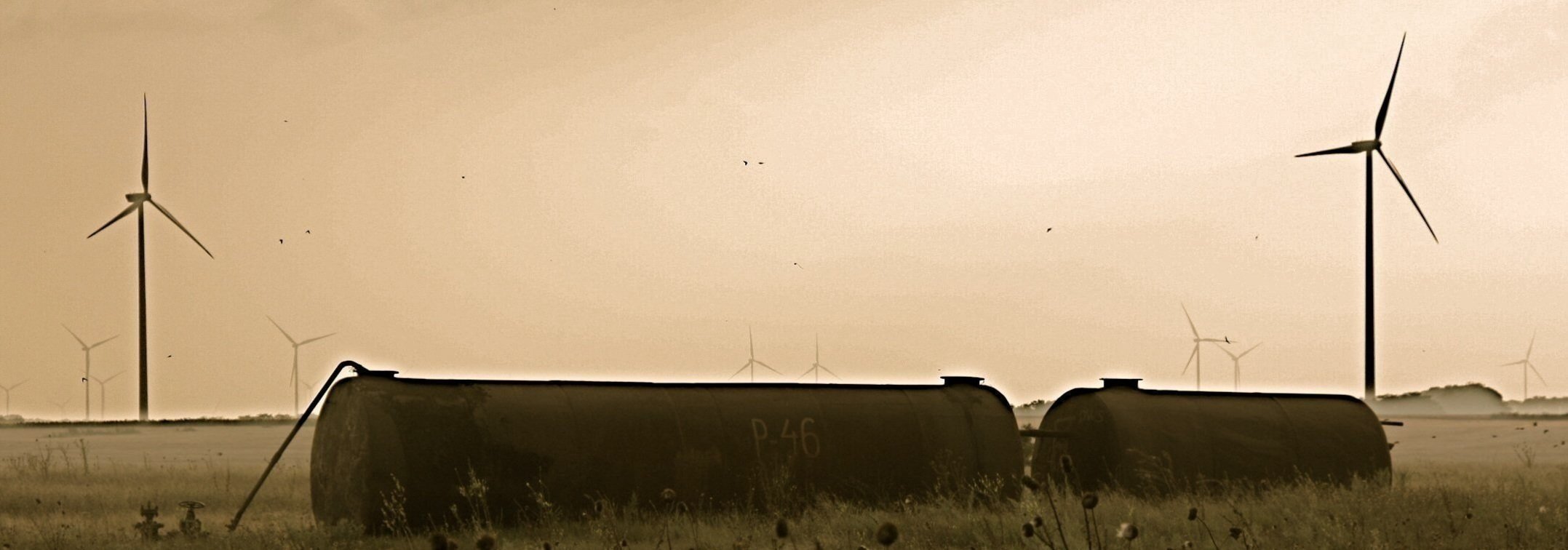
Economics - Arts dialogues
“Art is the highest form of hope”, as the renowned visual artist Gerhard Richter stated. Hope or the desire for stability and better prospects is also fundamental to how economies and societies evolve over time. It feeds into our consumption and production patterns, and is also a driver of investments in productive, innovative, low-carbon entrepreneurial activities and in various other forms of climate action.
ICENS lab embraces both reasoning and sentiment, both rationality and emotional intelligence. To achieve this, we propose to bring more to the foreground the much neglected and undervalued role of arts. The latter is taken to mean all cultural production, be it literature, visual art, music, philosophy, film, storytelling, or other creative practices and artistic forms of expression that have the capacity to connect people with each other’s lived experiences. Arts has the potential, not only to convey the complexity of science and disseminate research findings more empathetically, but also to foster innovation, stimulate imagination, stir emotions, and instil change.
See also our brief magazine articles authored by Serban, founder of ICENS lab, on thw links between arts, economics, and development, published in BIZART_ZA; Business & Arts South Africa, Johannesburg: Shaping climate solutions through architecture and arts (p. 10-12) and What’s Art Got To Do With It? Art, Democracy & Development (p 9-12)
Projects
Experiments in Uncertainty and Un/knowing: Economics - Visual Arts Perspectives on Climate Change Mitigation
ICENS lab worked with LEAP lab to create safe spaces for dialogue and interactions between the realm of economics with that of the arts, two worlds that often operate separately. In this spirit, they co-organised a workshop in Cambridge, UK, in June 2025, on “Experiments in Uncertainty and Un/knowing: Economics - Visual Arts Perspectives on Climate Change Mitigation”. The workshop unpacked, questioned reimagined, and befriended the thorny concept of uncertainty, with a focus on our collective efforts to reduce anthropogenic greenhouse gas emissions. How do we show or convey what we do not know? How can the arts help economists more closely embrace uncertainty and learn to elegantly navigate landscapes of ambiguities and open-ended knowledge? It is hoped that this was a first pilot initiative and the start of a method, in a series of systematic efforts to connect economists with artists. The longer-term aim is to shape an arts-driven economics research and practice, and figure out ways in which the arts, through its critiquing and revealing nature, could aid the economics discipline, such that the latter becomes more disruptive, innovative, and less immune to fossilisation. The event was supported by CRASSH (Centre for Research in the Arts, Social Sciences and Humanities) at University of Cambridge. Check our Perspectives section for a reflection on the event, or LEAP lab’s summary here.
Alternative Models for Sustainable Economies
Serban, the Founder of ICENS lab initiated and led a series of workshops (November 2025) for the local library of the German Cultural Centre in Sibiu (Romania) and the local community, on alternative models of sustainable economies. The workshops included art-based activities, such as deconstructing and rewriting given economics statements or reinterpreting photographic images related to the workings of the economy, through participant interaction, texts and drawings. These activities were part of the BiblioGreen Residencies for Sustainable Libraries project launched by ten European Goethe Institutes, including the Goethe Institute in Bucharest (Romania). The project invited libraries and sustainability experts to collaboratively develop sustainable visions, share knowledge and shape libraries as vibrant spaces for ecological responsibility and social futures. More images available here and here.
